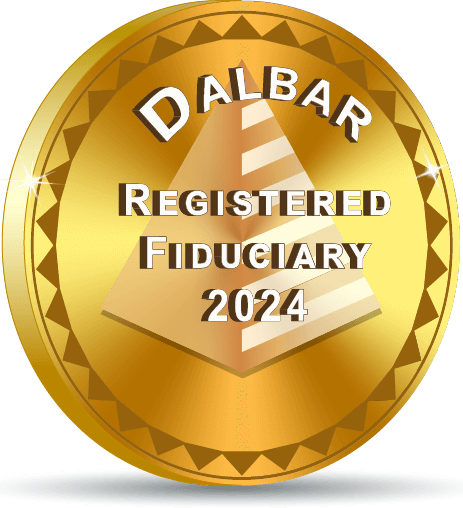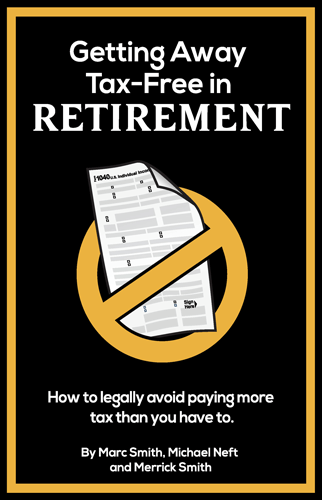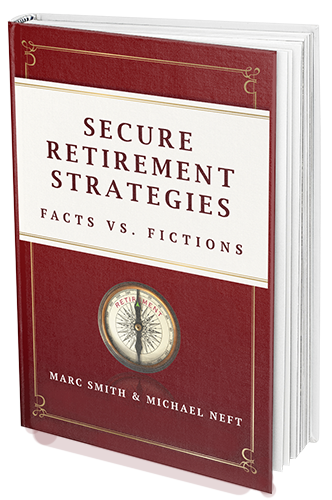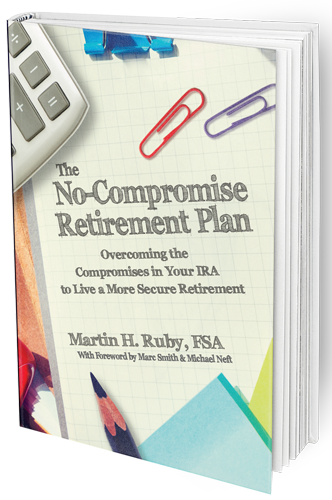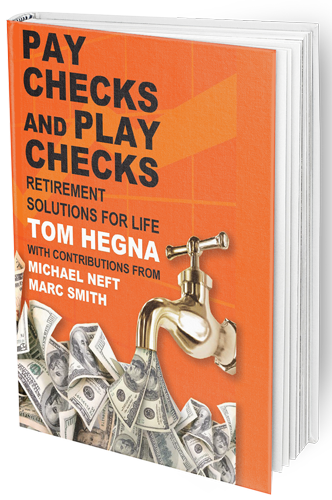Strategies to Minimize Taxes in Your IRA and 401(k) Accounts
Navigating the road to a financially secure retirement involves mastering the art of tax minimization on your retirement accounts. For many, IRAs and 401(k)s constitute the backbone of their retirement savings. However, without a strategic approach, you could find yourself handing over a significant portion of your savings to taxes. Here’s how you can keep more of your hard-earned money.
Understand the Tax Implications of Your Accounts
Firstly, it’s crucial to grasp the tax treatment of your retirement accounts. Traditional IRAs and 401(k)s offer tax-deferred growth, meaning you’ll pay taxes upon withdrawal, typically during retirement. Roth IRAs and Roth 401(k)s, on the other hand, provide tax-free withdrawals because contributions are made with after-tax dollars.
Consider Roth Conversions
One effective strategy is converting funds from a traditional IRA or 401(k) to a Roth account. This move requires paying taxes on the converted amount at your current tax rate. However, it ensures that your savings grow tax-free afterward, potentially saving you from higher taxes in the future. Be mindful, though, as conversions increase your taxable income for the year, possibly pushing you into a higher tax bracket.
Time Your Withdrawals Wisely
Strategically timing your withdrawals can significantly impact your tax bill. Withdrawing from your traditional accounts in years when you’re in a lower tax bracket can reduce the amount of tax owed. Consider balancing withdrawals from taxable and Roth accounts to manage your tax bracket effectively.
Leverage Required Minimum Distributions (RMDs)
Starting at age 72 (73 if you reach age 72 after Dec. 31, 2022), you’re required to take minimum distributions from your traditional IRAs and 401(k)s, which are subject to income tax. Planning for these RMDs can prevent being pushed into a higher tax bracket. One approach is to start withdrawals slightly earlier than required, spreading the taxable income over more years.
Use QCDs to Your Advantage
Qualified Charitable Distributions (QCDs) allow those aged 70½ or older to donate up to $100,000 directly from their IRA to a qualified charity. QCDs count towards your RMD but aren’t included in your taxable income, offering a way to fulfill charitable goals while minimizing taxes.
Stay Informed on Tax Law Changes
Tax laws are always evolving, and staying abreast of changes is vital. For instance, the SECURE Act altered the age for RMDs from 70½ to 72, affecting many retirement strategies. Regularly review your retirement plan in the context of current tax laws, with a tax specialist.
Consult with Financial Professionals
Finally, navigating the complex landscape of retirement taxes can be challenging. Consulting with financial advisors and tax professionals like Secure Retirement Strategies can provide personalized advice, ensuring your strategy aligns with your retirement goals while minimizing your tax burden.
Conclusion
Implementing these strategies can help you safeguard your retirement savings from excessive taxation, ensuring you retain more of your wealth for your golden years.
Disclaimer: This content is provided for informational purposes by Duke & Duke Wealth Management from Schwab Research. It is not intended to be used as the sole
basis for financial decisions, nor should it be construed as advice designed to meet the particular needs of an individual’s situation. None of the information
contained herein shall constitute an offer to sell or solicit any offer to buy a security. The information and opinions contained herein provided by third parties
have been obtained from sources believed to be reliable, but accuracy and completeness cannot be guaranteed by Duke & Duke Wealth Management.
Investing involves risk, including the potential loss of principal.
This information is not intended to be used as the sole basis for financial decisions, nor should it be construed as advice designed to meet the particular
needs of an individual’s situation. None of the information contained herein shall constitute an offer to sell or solicit any offer to buy a security.




